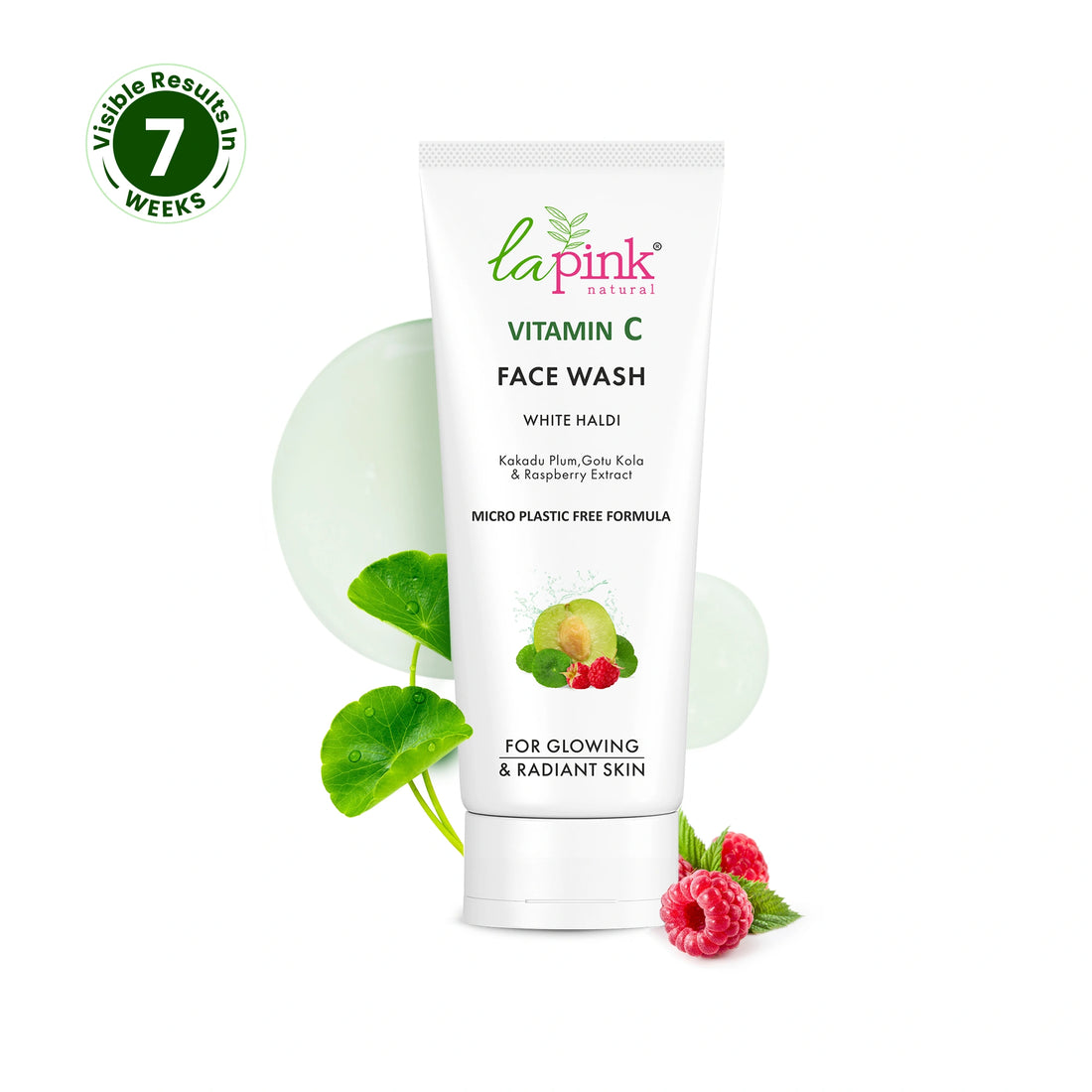Skincare Benefits of Retinol
Retinol is popular in the skincare industry for its ability to push cell turnover, boost collagen production, and reduce the appearance of fine lines and other signs of aging and sun damage. It should be introduced gradually into your skincare routine.
Reduce Fine Lines and Wrinkles
Retinol is a well-known and popular ingredient that stimulates collagen production for firm and youthful skin. Its anti-aging properties help reduce the appearance of fine lines and wrinkles, making it an important ingredient in many anti-aging products.
Improved Skin Texture
Retinol promotes exfoliation and sheds dead skin cells, helping reveal a smooth and soft skin texture. Regular use of retinol-based skin care products helps maintain smooth skin, even out skin tone, and reduce roughness.
Reduces Hyperpigmentation
When your skin starts to break out, undergoes hormonal changes, or is exposed to the sun for a long time, you may experience hyperpigmentation. Retinol is the solution to address these issues, discoloration, and dark spots on the skin. Not only this, but regular usage of Retinol can prevent clogged pores and clear breakouts.
Minimizes Pores
Retinol helps reduce the buildup of dead skin cells and encourages collagen production for skin tightening and minimizing pores. As your skin becomes smoother and firmer, pores appear smaller. Retinol is known for its ability to stimulate collagen synthesis, which strengthens the skin’s structure. The results? More resilient and youthful skin that can better defend against environmental damage and age-related changes.
How to Use Retinol in Your Skincare Routine?
Anything between 0.1% to 1% concentration of Retinol in skincare products is ideal. That being said, you should introduce Retinol in your skincare routine slowly in lower concentrations once or twice a week to test and build your skin’s tolerance to the ingredient. Once your skin is more comfortable, you can increase the frequency and concentration of Retinol in your skincare regime. Be mindful though, as Retinol may increase skin's sensitivity to the sun. You can introduce retinol-based ingredients in the following manner in your skincare routine.
- Cleanse your skin of makeup, dirt and buildup
- Apply a toner on to prepare your skin for better penetration of the product.
- You need just a small amount of Retinol and gently massage it into the skin
- Now moisturize the skin to lock in hydration.
Be cautious while using the Retinol, keep it away from your eyes and nose. Also, if you are using Retinol for the first time, apply moisturizer before and after using Retinol.
Side Effects of Retinol
While Retinol is highly effective to fight against aging factors, it can cause some side effects, particularly when first introduced to the skin. You may experience:
- Skin Dryness and peeling or flakiness due to increased skin cell turnover.
- Redness and irritation if not used in right concentrations and used too frequently.
- Increased skin sensitivity due to sun and UV rays.
A word of caution: Do not combine Retinol with AHAs and BHAs. Ingredients like Vitamin C, benzoyl peroxide or other retinoids may work counterproductively.
Retinol and Microplastics
Microplastics have been a concern in the skincare industry for a while now. Although many skincare products contain microplastics as binding agents, they generally lower the efficacy of the ingredients present in them. Microplastics interfere with the formulations and also form a layer on the skin disturbing the penetration of the active ingredients into the skin. This doesn’t allow full utilization of the ingredient and its potential effects. Thus, reduced efficiency leading to slower results.
Microplastics also tend to irritate the skin and do not let skin to breathe properly by clogging pores adding to more build up. La Pink has found a solution to this problem. 100% microplastic free formulations of the products ensure that consumers get the best out of the products they are applying and can see transformative results without harming their skin.
One of the powerhouse ingredients, Retinol is well-known for its anti-aging and skin-rejuvenating benefits. Whether you’re looking to smooth fine lines, clear up acne, or brighten your skin, it has the ability to transform your skin. When used regularly and properly, this Vitamin A1 can help you get smoother, younger looking skin.



































































